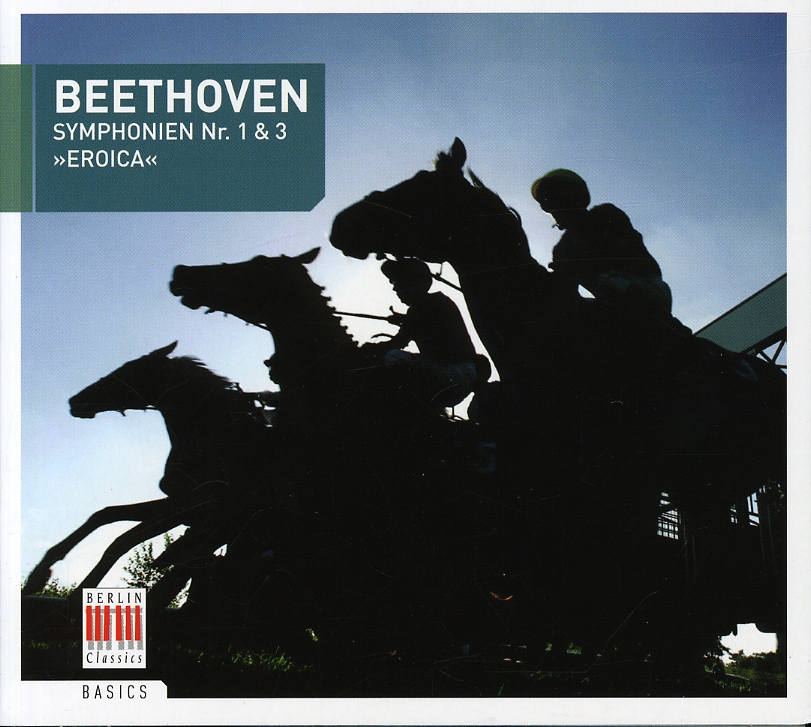
description
eatley Peters is the first full-length biography of the poet whose remarkable odyssey took her from being a child enslaved in Africa to becoming an international celebrity by the time she was in her early twenties, only to fall into relative obscurity when she died in 1784 at barely the age of thirty. Introduced to Benjamin Franklin in London, praised by her correspondent George Washington, and criticized by Thomas Jefferson, Phillis Wheatley (later Peters) laid claim to being the virtual poet laureate during the American Revolution as well as in the new United States. She overcame contemporaneous restraints of age, gender, race, and social status to assert her position as the unofficial spokesperson and critical observer of the nation that claimed to be founded on the principle that all men are created equal. Grounded in extensive primary research, Phillis Wheatley Peters recovers her life and times and reclaims the recognition and status she deserves as a heroic literary and political figure in an age of heroes. She is indisputably the founder of African American literature. Contemporary African American authors, including Nikki Giovanni, Amanda Gorman, Honorée Fanonne Jeffers, June Jordan, and Alice Walker, celebrate Phillis Wheatley Peters's transcendent literary achievement and influence. This new edition incorporates significant discoveries that Vincent Carretta and others have made since the book's initial publication about Wheatley's education, affiliations, activities, publications, marriage, husband, maternity, later years, and the posthumous survival of the manuscript of her proposed second volume of writings. Moreover, this new edition gives Carretta the opportunity to reconsider some previously available evidence.
member goods
No member items were found under this heading.
Return Policy
All sales are final
Shipping
No special shipping considerations available.
Shipping fees determined at checkout.







